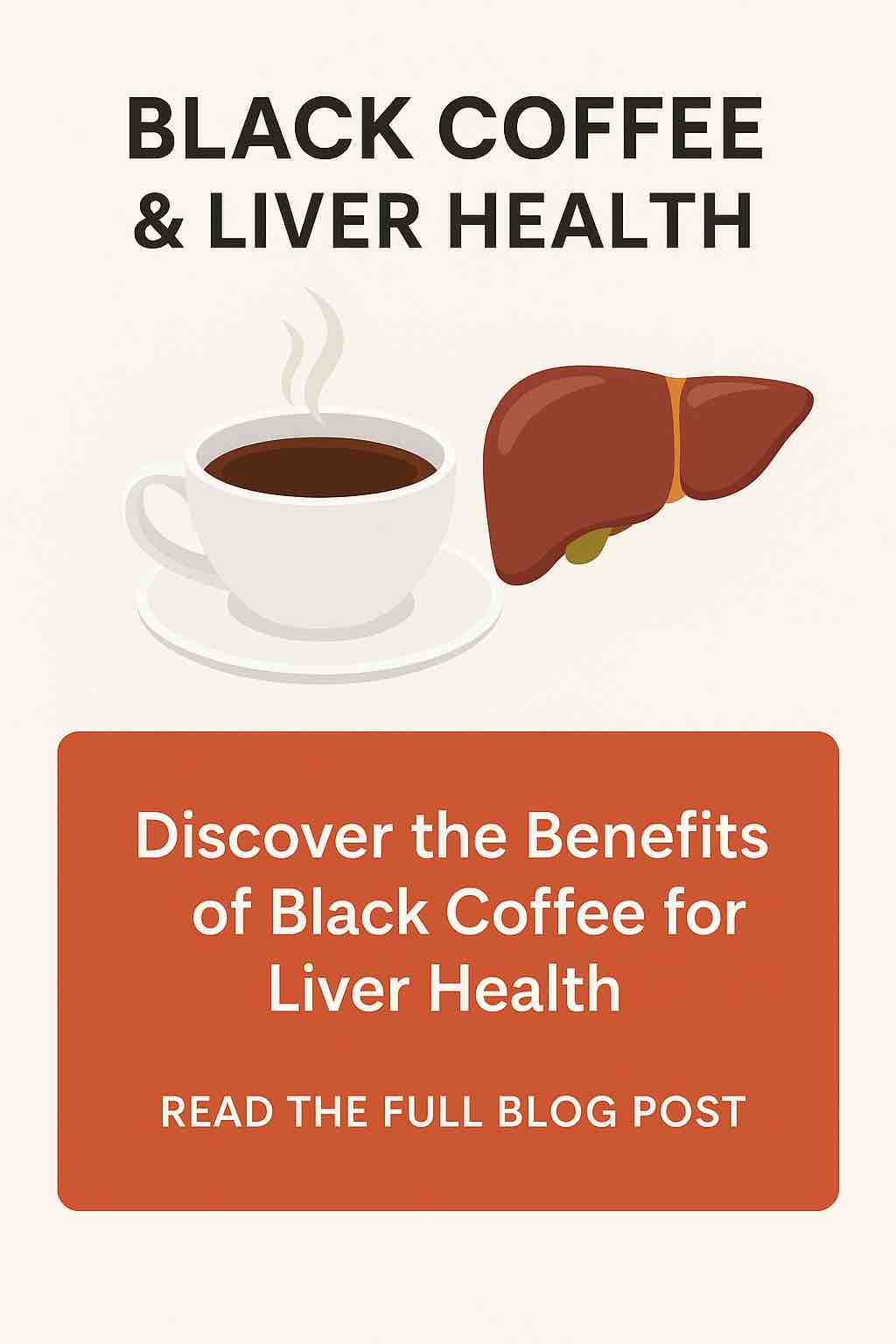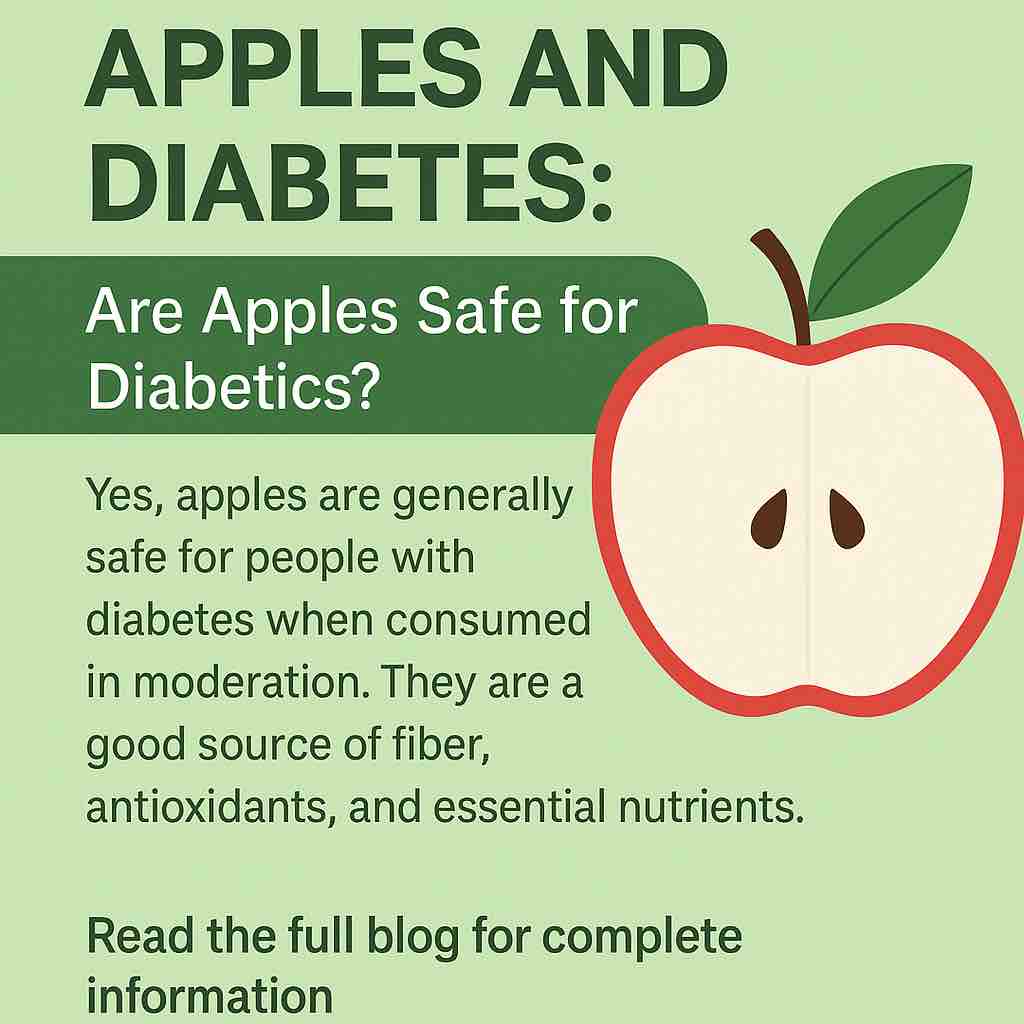
Introduction
In recent years, black coffee has transcended its role as a simple morning ritual to become a subject of intense scientific interest—particularly in relation to liver health. From reducing fat accumulation in the liver to lowering the risk of cirrhosis and liver cancer, coffee’s potential benefits are being continually confirmed and expanded by new research. This blog post explores the current understanding of black coffee’s effects on liver health, with a focus on both Non-Alcoholic Fatty Liver Disease (NAFLD) and Alcoholic Fatty Liver Disease (AFLD).
Understanding Liver Disease: NAFLD vs. AFLD
Before diving into coffee’s role, it’s essential to differentiate between the two major types of fatty liver disease:
- Non-Alcoholic Fatty Liver Disease (NAFLD) occurs when fat accumulates in the liver without significant alcohol consumption. It’s tightly linked to metabolic issues like obesity, insulin resistance, and type 2 diabetes. NAFLD ranges from simple steatosis (fat buildup) to Non-Alcoholic Steatohepatitis (NASH), which can progress to fibrosis, cirrhosis, or liver cancer.
- Alcoholic Fatty Liver Disease (AFLD) is caused by chronic alcohol consumption. The liver processes alcohol, and excessive amounts can lead to fat accumulation, inflammation, fibrosis, and eventually cirrhosis.
Though they stem from different causes, both forms of liver disease share pathways involving inflammation, oxidative stress, and fat metabolism.
Black Coffee and NAFLD: What the Science Says
Multiple studies and meta-analyses have highlighted the protective effects of coffee against NAFLD. Here are the primary mechanisms and findings:
- Anti-inflammatory and Antioxidant Properties
- Coffee contains compounds like caffeine, chlorogenic acid, and polyphenols that reduce liver inflammation and oxidative damage—key drivers of NAFLD progression.
- Improved Liver Enzyme Profiles
- Regular coffee consumption has been associated with lower levels of liver enzymes such as ALT, AST, and GGT, which are markers of liver inflammation.
- Reduced Liver Fat Content
- Imaging and biopsy studies suggest that habitual coffee drinkers have less hepatic fat accumulation, possibly due to improved lipid metabolism.
- Lower Risk of Progression
- Coffee appears to reduce the risk of NAFLD progressing to NASH or cirrhosis. The effects are dose-dependent, with benefits observed in those drinking 2-4 cups daily.
Black Coffee and AFLD: A Lesser-Known Ally
While the relationship between coffee and NAFLD is better established, evidence also supports coffee’s protective role in AFLD:
- Protection Against Alcohol-Induced Damage
- Coffee reduces oxidative stress and may inhibit hepatic stellate cell activation—a process involved in fibrosis.
- Reduced Risk of Cirrhosis
- Multiple cohort studies have shown that individuals consuming coffee regularly have a lower risk of developing alcohol-related cirrhosis.
- Modulation of Liver Enzymes
- Coffee intake correlates with improved enzyme profiles even in individuals who consume alcohol, indicating reduced liver stress.
- Liver Cancer Prevention
- Some studies suggest coffee may reduce the risk of hepatocellular carcinoma, even among people with a history of alcohol abuse.
How Much Coffee is Beneficial?
Most studies converge around the consumption of 2 to 4 cups of black coffee per day as providing maximal benefit without significantly increasing risks. Importantly, the coffee should be:
- Black and Unsweetened: Adding sugar, cream, or syrups can counteract the benefits.
- Filtered: Unfiltered coffee (e.g., French press) contains cafestol, which can raise LDL cholesterol.
Caveats and Considerations
- Not a Magic Bullet: Coffee helps, but it doesn’t replace lifestyle changes like diet, exercise, and moderation of alcohol intake.
- Individual Differences: Genetics, gut microbiome, and caffeine sensitivity may influence how coffee affects you.
- Excess Intake: More than 5-6 cups a day may lead to side effects like insomnia, palpitations, or digestive issues.
Conclusion: A Simple Cup with Profound Benefits
The evidence is compelling: black coffee, when consumed in moderation, can play a meaningful role in liver health. It may help prevent or slow the progression of both NAFLD and AFLD, reduce inflammation, improve liver enzyme levels, and even lower the risk of cirrhosis and liver cancer. For individuals with or at risk for liver disease, incorporating black coffee into their routine—while also maintaining a healthy lifestyle—can be a small but powerful step toward better health.
So next time you brew that cup of black coffee, know that you’re doing more than waking up your senses—you might be protecting one of your most vital organs.
References
- Kennedy OJ, et al. “Coffee consumption and liver health: A review of recent human research.” Alimentary Pharmacology & Therapeutics, 2024.
- European Association for the Study of the Liver (EASL). “Clinical Practice Guidelines on NAFLD.”
- National Institutes of Health (NIH). “Coffee and Liver Health.” 2023 update.
- PMC Article: https://www.ncbi.nlm.nih.gov/pmc/articles/PMC11276147/
- British Liver Trust. “Coffee and Your Liver.” 2023.
FAQs:
- Q: Can drinking black coffee really help with liver health?
A: Yes, research consistently shows that black coffee can reduce liver inflammation, lower fat accumulation, and decrease the risk of liver fibrosis, cirrhosis, and liver cancer. - Q: How many cups of black coffee should I drink daily for liver benefits?
A: Most studies suggest 2–4 cups per day provides the best liver-protective effects without adverse side effects for most people. - Q: Does adding milk or sugar reduce coffee’s liver health benefits?
A: Yes. The protective effects are most prominent with black, unsweetened coffee. Additives like sugar or cream may counteract some of the metabolic benefits. - Q: Is decaf coffee also good for the liver?
A: Yes, to a lesser extent. Decaf still contains beneficial compounds like chlorogenic acid, though caffeine also plays a protective role. - Q: Can black coffee help reverse fatty liver disease?
A: It may not reverse the condition alone, but it can slow progression and support liver function when combined with a healthy lifestyle. - Q: Is black coffee beneficial for both NAFLD and AFLD?
A: Yes. While more evidence exists for NAFLD, studies also show black coffee reduces risks associated with alcohol-related liver disease (AFLD), including cirrhosis. - Q: Is there a risk in drinking too much black coffee?
A: Excessive intake (over 5–6 cups daily) can cause issues like insomnia, anxiety, and increased heart rate. Stick to moderate amounts. - Q: Should people with liver disease avoid coffee?
A: No, unless advised by a doctor for specific reasons. In most cases, moderate coffee intake is beneficial, not harmful. - Q: Can black coffee prevent liver cancer?
A: Some studies suggest that coffee may lower the risk of hepatocellular carcinoma, especially in those with chronic liver conditions. - Q: Is filtered coffee better for liver health?
A: Yes. Filtered coffee removes compounds like cafestol that can raise cholesterol, making it a better option for liver and cardiovascular health.













